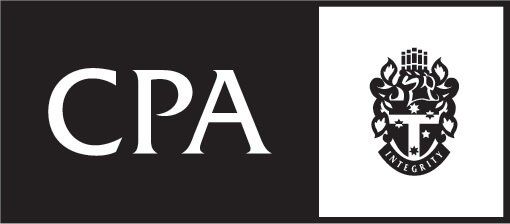October 2025 - Update
Reminder of September Quarter Superannuation Guarantee
Employee super contributions for the quarter ending 30 September 2025 must be received by the relevant super funds by Tuesday, 28 October 2025. If the correct amount of SG is not paid by an employer on time, they will be liable to pay the SG charge, which includes a penalty and interest component.
Dealing with rental property repairs
Taxpayers who have had work done on their rental property should ensure the expense is categorised correctly to avoid errors when completing their tax return.
A deduction for repairs and maintenance expenses can be claimed for work done to remedy, or prevent defects, damage or deterioration from using the property to earn income. These expenses can be claimed in the year they were incurred.
However, some capital expenditure may not be immediately deductible, such as for initial repairs, capital works, improvements and depreciating assets.
Initial repairs include fixing any pre-existing damage or deterioration that existed at the time of purchasing the property, even if the damage or deterioration was unknown to the taxpayer at the time of purchase.
Initial repairs are treated as part of the acquisition cost and included in the cost base of the property for CGT purposes, unless they are capital works or depreciating assets.
Capital works are structural improvements, alterations and extensions to the property, and can generally be claimed at 2.5% over 40 years.
Capital works deductions can only be claimed after the work has been completed, regardless of when the taxpayer pays the deposit and instalments.
Improvements or renovations that are structural are also capital works. Work that goes beyond remedying defects, damage or deterioration that improves the function of the property is regarded as an improvement.
Repairs to an entirety are capital and cannot be claimed as repairs. Repairs to an entirety generally involve the replacement or reconstruction of something separately identifiable as a capital item.
ATO warns private use of work vehicles and FBT
Employers who provide vehicles to their employees need to check how the vehicles are used and whether any exemptions apply to determine if they attract fringe benefits tax.
FBT generally applies when a work vehicle is made available for private use, even if it is not actually used. Private use includes any travel not directly related to the employee's job.
Exemptions may apply depending on the vehicle's specifications and the nature of the private use.
The most common issues the ATO sees include:
- incorrectly treating private use as business use;
- assuming dual cab utes are exempt from FBT — exemptions only apply if the vehicle is eligible for the specific FBT exemption and private use is limited;
- incorrectly classifying vehicles;
- poor record keeping that does not support the claims or the FBT calculations made
Tips to help sole trader clients
The ATO is seeing sole traders make mistakes in the following areas:
- not reporting all income — this includes income earned outside their business (like a 'side hustle'), cash jobs, or payments in-kind/barter deals;
- overclaiming expenses — this includes claiming the portion of an expense related to personal use, or overstating the cost of goods sold and other business expenses;
- calculating business losses;
- incorrectly claiming and offsetting losses from non-commercial business activities against other income sources;
- misreporting personal services income ('PSI') to gain tax benefits;
- not registering for GST if they are in the taxi or ride-sourcing industry, or when they reach the GST threshold; and
- not keeping accurate and complete records.
The information provided in this Newsletter is general in nature and if you have any queries or require further information or assistance with the above, please contact our office.
Crawford News






